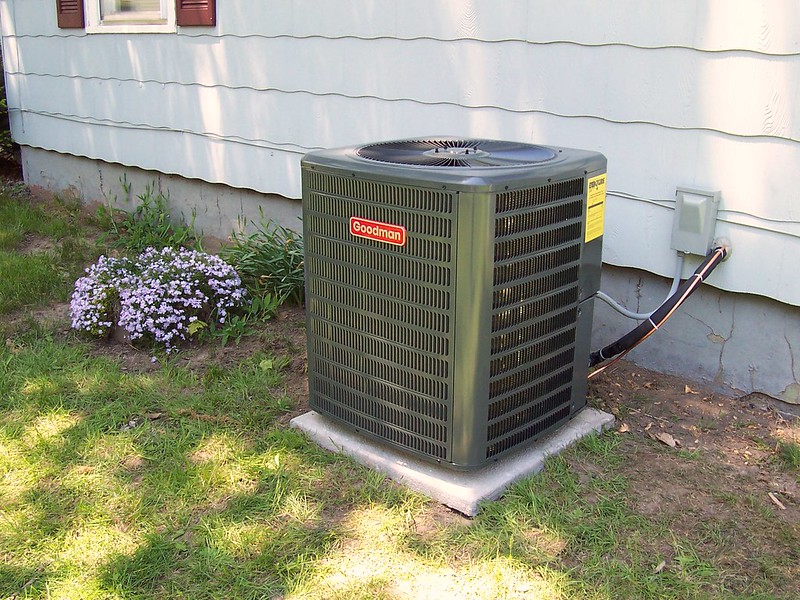There are a variety of things in this world that can have an impact on your allergies, and the weather can play a huge role in how you feel. If you are allergic to pollen, then the cold winter months might give you a break from dealing with allergies for part of the year. Should you be allergic to dust, you might not ever get a break.
One of the things that can help no matter what time of the year it might be is having the right air filter in your air conditioner or furnace. You need to make sure you order your size so that the filter traps allergens and other pollutants. Below is the information you need to consider when it comes to the weather and your allergies.
Dry Weather Isn’t Always Beneficial
You may have heard at some point in your life that being in a dry climate means that you won’t be as impacted by allergies. Unfortunately, this isn’t always true. Dry air and wind can cause the mucus membranes in your nose to become sticky, which can create blockages and congestion. In addition, with dry, windy weather, there are higher chances of dust blowing around. If you are allergic to dust, this can aggravate your allergies and make you feel terrible.
Humid Weather Creates a Host of Problems
Since dry weather isn’t beneficial, you might think that humid weather is better for your health, but you would be wrong. Hot, humid weather creates the ideal environment for mold growth, which has been found to cause a lot of health problems. Humid weather can also cause swelling in your nasal cavities, which can lead to sinus pressure and congestion.
There are places throughout the U.S. that have hot, humid weather, but you can also create the same conditions in your home. When the temperature gets cold, you more than likely turn on your heater. While this is a great way to keep your home warm, if you crank the thermostat higher than 70 degrees Fahrenheit, this can create the perfect environment for mold growth. If you take a shower and don’t use an exhaust fan, open a window or run a dehumidifier, the chances of mold growing in your home increases. Getting rid of mold isn’t hard I think. But first of all you need to try some mold test kit to be sure whether you need a professional.
How to Combat These Allergens
Unfortunately, if you are allergic to dust or mold, you may find that you have symptoms all year long. If you are in search of a way to reduce your allergy symptoms and feel better, there are some steps you can take.
Equip Your Air Conditioner and Furnace with Filter
One of the easiest things you can do to reduce your allergy symptoms is to make sure you have the right filter in your air conditioner and heater. You’ll have to be vigilant when you order your size to get a filter that is fit to remove harmful allergens from the air. It’s possible to find air filters that have the ability to remove pollen, ultra-fine dust, and mold spores from your indoor air. You can even buy air filters that trap bacteria and viruses.
To ensure that everyone is protected throughout the year, you will have to run your air conditioner in the summer and the furnace in the winter. In addition to keeping your home at the ideal temperature, you can also use these appliances to improve your indoor air quality. All you need is a suitable filter, and these aren’t hard to find.


